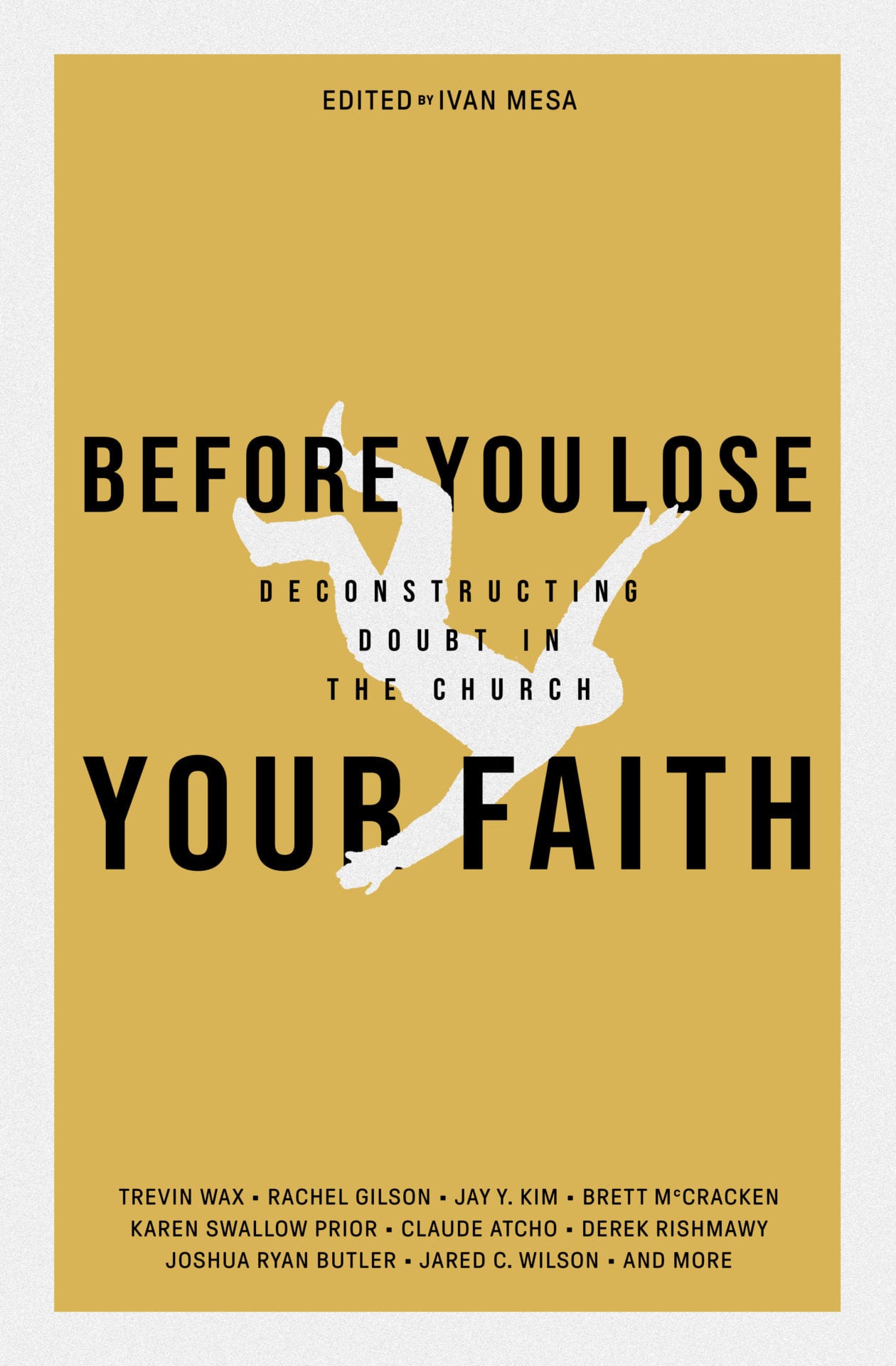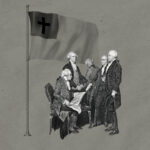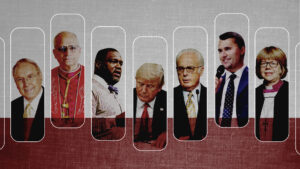What just happened in the Anglican Communion?
Last September, the archbishop of Canterbury invited 38 provinces plus the ACNA to join him in Canterbury, England, for a meeting held January 11 to 16 to “reflect and pray together concerning the future of the Anglican Communion.” The meeting was expected to address a variety of issues, including “religiously motivated violence, the protection of children and vulnerable adults, the environment and human sexuality.”
On Thursday, January 14, the primates officially released a document (that had earlier been leaked) concerning the Episcopal Church’s position on marriage.

What did the document say about marriage?
The document says, “The traditional doctrine of the church in view of the teaching of Scripture, upholds marriage as between a man and a woman in faithful, lifelong union. The majority of those gathered reaffirm this teaching.” Additionally, it adds that “unilateral actions on a matter of doctrine without Catholic unity”—a step many believe was taken by the Episcopal Church regarding same-sex marriage—“is considered by many of us as a departure from the mutual accountability and interdependence implied through being in relationship with each other in the Anglican Communion.”
“Such actions further impair our communion and create a deeper mistrust between us,” the primates say. “This results in significant distance between us and places huge strains on the functioning of the Instruments of Communion and the ways in which we express our historic and ongoing relationships.”
What did the document say about the Episcopal Church?
The primates say that “given the seriousness of these matters we formally acknowledge this distance by requiring that for a period of three years The Episcopal Church no longer represent us on ecumenical and interfaith bodies, should not be appointed or elected to an internal standing committee and that while participating in the internal bodies of the Anglican Communion, they will not take part in decision making on any issues pertaining to doctrine or polity.”
They’ve asked the archbishop of Canterbury to appoint a task force to “maintain conversation among ourselves with the intention of restoration of relationship, the rebuilding of mutual trust, healing the legacy of hurt, recognizing the extent of our commonality and exploring our deep differences, ensuring they are held between us in the love and grace of Christ.”
What is the Episcopal Church’s position on same-sex marriage?
Last July, at the denomination’s General Convention meeting in Salt Lake City, the Episcopalian bishops have endorsed new liturgies or services for same-sex couples wishing to marry in church.
According to George Conger, the bishops also approved changing the church’s canons, or rules, governing marriage, making them gender neutral by substituting the terms “man and woman” with “couple.” Clergy were also given the right to refuse to perform a same-sex marriage, with the promise they would incur no penalty, while bishops were given the right to refuse to allow the services to take place in their diocese, Conger says.
What is Anglicanism?
Anglicanism is a tradition within Christianity comprising the Church of England and churches that are historically tied to it or have similar beliefs, worship practices and church structures. With a membership estimated at around 80 million members worldwide, the Anglican faith (including both those within the Anglican Communion and Anglicans outside of it) is the third largest Christian communion in the world, after the Roman Catholic Church and the Eastern Orthodox Churches.
What is the Anglican Communion?
The Anglican Communion is an international association of churches consisting of the Church of England and of national and regional Anglican churches in full communion with that mother church. The status of full communion means that there is mutual agreement on essential doctrines and that full participation in the sacramental life of each church is available to all communicant Anglicans. There are also groups, such as those aligned with the Continuing Anglican movement or the Anglican realignment, whose relationship to the worldwide Anglican Communion is still being negotiated.
Can the Anglican Communion dictate marriage policy to the Episcopal Church?
No. Although joined in a global communion, Anglicanism has no international juridical authority and each province is wholly self-governing. The 34 provinces, 4 United Churches, and 6 other churches of the Anglican Communion are autonomous, each with their own governing bishop and governing structure. Some take the form national churches (such as in England, Canada, and Japan), while others are a collection of nations (such as in Central Africa and South Asia) or geographical regions (such as Vanuatu and Solomon Islands). Some churches are extra provincial (for example, Bermuda aligns with Canterbury) or outside the Anglican Communion altogether.
Since there is no binding authority in the Anglican Communion (the archbishop of Canterbury has no authority outside of his own province), the “Instruments of Unity” serve to hold the various churches and provinces together. The Lambeth Conference is a gathering of bishops, meeting every ten years, the meeting of primates takes place every two or three years for consultation on theological, social, and international issues, and the Anglican Consultative Council brings together bishops, presbyters, deacons, lay men and women, and youth, to work on common concerns.
“We have no Anglican pope,” Archbishop Justin Welby said last year. “Our authority as a church is dispersed, and is ultimately found in Scripture, properly interpreted.”
What is the archbishop of Canterbury?
The archbishop of Canterbury is the highest-ranking bishop in Canterbury, one of two ecclesiastical provinces which constitute the Church of England. The archbishop of Canterbury is considered the spiritual leader and “focus of unity” for the Anglican Communion and head of the three “Instruments of Unity: The archbishop calls the once-a-decade Lambeth Conference, chairs the meeting of primates, and is president of the Anglican Consultative Council. The archbishop of Canterbury is considered the primus inter pares, the first among equals, of the college of primates.
What is a primate?
In the Anglican Communion, the term “primate” denotes the chief archbishop or bishop of a province of the Anglican Episcopal family of churches. According to the Anglican Communion’s official website, “The ‘chief’ designation is of importance here as in some provinces, such as Ireland and England, there are actually two archbishops holding the title ‘primate’ So the chief archbishop of these two provinces becomes primate of ‘All’ Ireland and ‘All’ England.”
Note: Thanks to George Conger for fact-checking this post.
Free Book by TGC: ‘Before You Lose Your Faith’
 Many young people are walking away from Christianity—for reasons ranging from the church’s stance on sexual morality, to its approach to science and the Bible, to its perceived silence on racial justice.
Many young people are walking away from Christianity—for reasons ranging from the church’s stance on sexual morality, to its approach to science and the Bible, to its perceived silence on racial justice.
TGC’s book Before You Lose Your Faith: Deconstructing Doubt in the Church is an infusion of hope, clarity, and wisdom in an age of mounting cynicism toward Christianity.
For anyone entering college or the workplace and looking for a timely reminder of why Christianity is good news in a skeptical age, make sure to get your FREE ebook Before You Lose Your Faith today!


































